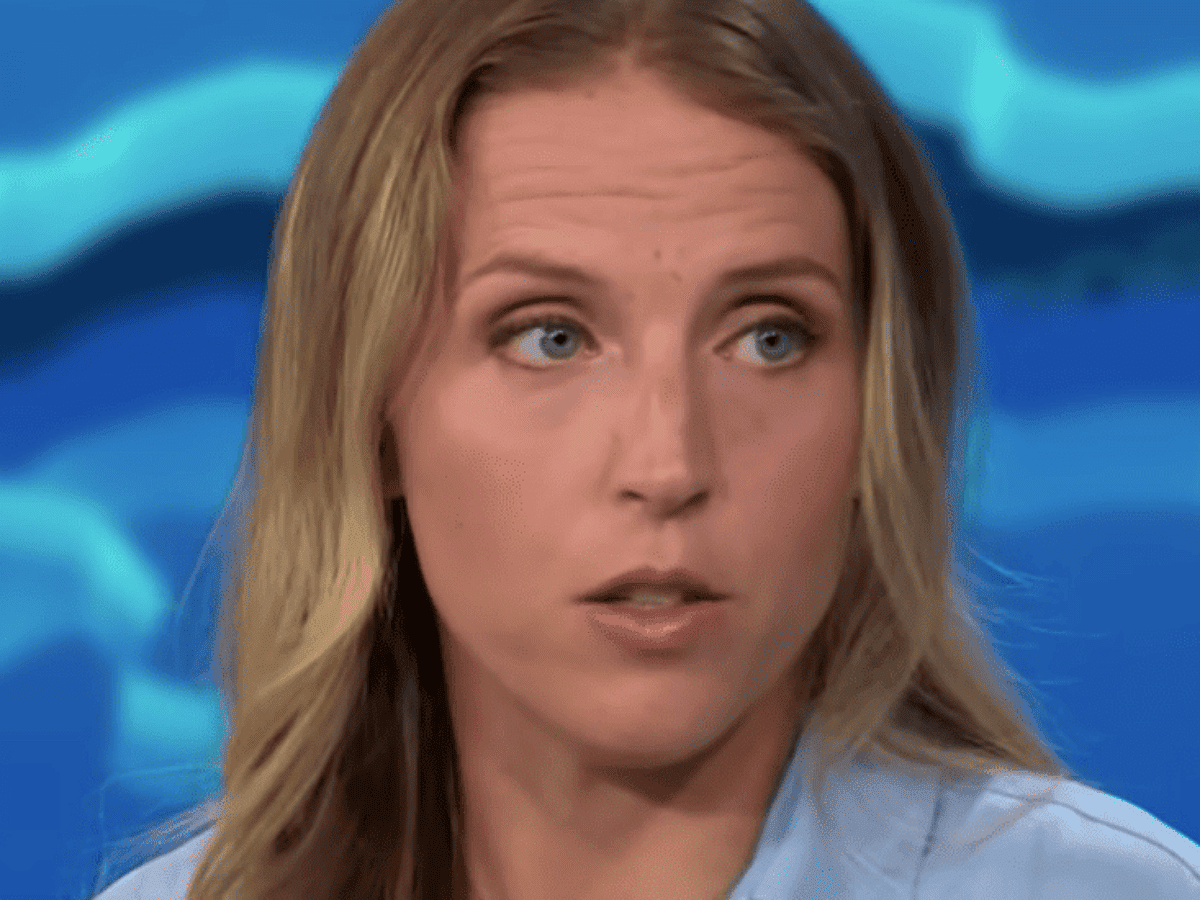
American nurse Emily Callahan, who was recently evacuated from Gaza, recounted her 26-day experience in the besieged Strip, which has been subjected to intense and continuous Israeli bombing since October 7.
On Wednesday, November 1, Callahan was one of the few American aid workers to successfully escaped Gaza by crossing into Egypt.
Speaking to CNN news anchor Anderson Cooper, Emily Callahan, a nurse activity manager with aid group Doctors Without Borders, on Tuesday, November 7, said “there is no safe place in Gaza” right now.
Callahan explained that while she was in Gaza, she was transferred “about five times over the course of 26 days due to security concerns.”
Callahan noted, “One of the places we wound up was at the Communist Training Centre. There were 35,000 internally displaced people. There were massive children suffering from severe burns to their faces, down their necks, and all of their limbs, and because the hospitals are so overwhelmed, they are being discharged immediately after.”
Callahan said that children were being sent to refugee camps without access to running water. “There are 50,000 people at that camp now and are given two hours of water every 12 hours,” she said, adding that “there were only four toilets” at the UN-run Khan Younis training center in southern Gaza.
Callahan said there are children with “fresh open burns and wounds and partial amputations just walking around these conditions”.
“Parents are bringing their children to us, going, ‘please can you help? please can you help?’ and we have no supplies,” she said.
Callahan continued that they had to leave one of the camps because “we are starting to be harassed. Desperate people who are losing loved ones left and right are angry. And they were pointing at me and shouting ‘American’. They would shout things in Hebrew to see if we were Israeli. They accused our national staff of being either traitors was either said, ‘you’re pretending to be Arab,” she said.
She added that without local staff’s protection, they could have died within a week due to the constant bombings in Gaza.
According to Callahan, their Palestinian colleague accompanied them throughout. “We informed them that they were not required to stay. “You’re family too,” they declared, and “we’re not going anywhere.”
Callahan and her team were urged to seek food and water from their friends and acquaintances, fearing they were also at risk of starvation.
“When I say we would have starved to death without them, I am not exaggerating,” she was quoted as saying.
She further added, “And in the moments of absolute desperation of civilians, they were steadfast and calm and just talked to them and said these people are also in the same boat that you are, they have no supplies, they also have no food and water, they are also sleeping outside on the concrete.”
Asked how it felt to be back, she said, “I obviously have a sense of relief that I’m home and I’m with my family and feel safe for the first time in 26 days and I’m having a really hard time finding any joy in any of it because me being saved is the result of having to leave people behind.”
When asked if she would go back to Gaza, Callahan said, “In a heartbeat. My heart is in Gaza, it will stay in Gaza. The Palestinian people I’ve worked with — both our national staff in the office as well as my staff at the Indonesia Hospital – were some of the most incredible people I have ever met in my life.”
Callahan emphasized the dedication of doctors and nurses who remained behind due to loyalty to their community, highlighting their role as heroes.
Although Callahan left Gaza and is now in the United States, she says she sends a text every morning when she wakes up, and every night before bed, asking the staff she left behind in Gaza, “Are you alive?”



